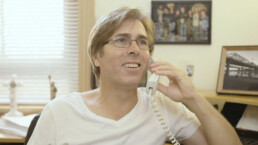The next time you’re out in public, look around. What do you see? It will likely predominantly be people on their smartphones, living in their own worlds. However, one person you won’t see doing that is Alex Lykos.
With his new documentary Disconnect Me, director Alex Lykos does a 30-day digital detox in which he stops using his smartphone to become present with the world. In our exclusive interview, Alex talks about the reason for ditching his smartphone, and his outlook on phones: “Let’s talk about our relationship with technology in a pragmatic, mature manner, not in a preachy manner because kids will switch off if we do.”
Related: ‘Disconnect Me’ Attempts a 30-Day Digital Detox
What prompted you to take this 30-day smartphone detox, and when did you decide to make a documentary about it?
I started noticing how all-consuming my habits had become. I was looking at my phone over dinner instead of talking to my wife. I wasn’t in the present with my family, enjoying family time. Instead, I was mind-numbingly scrolling through my socials. But I was feeling worse after doing it, causing you to drop into the rabbit hole of comparing your life to those you see on social media. And I was like, “Hold on a second, where is the return on investment here? I’m spending an hour doing something and feeling worse after doing it.”
I decided it was time for a circuit breaker, and to hold myself to account, I had a camera follow me. And it just grew from there into this film which expanded into covering a lot more than just my journey.
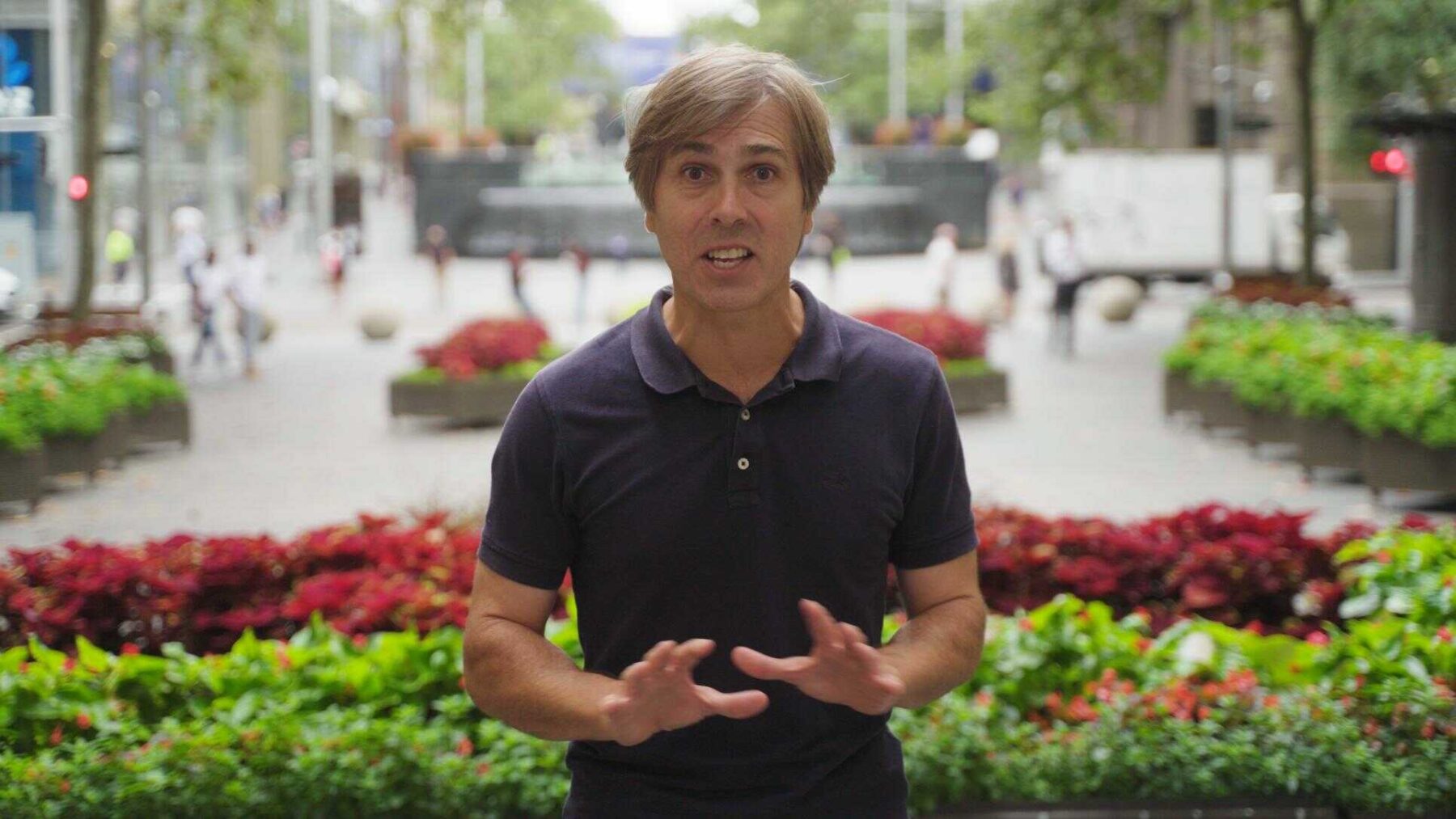
What were the first steps you took to begin this documentary?
I wrote a list of some of the things I would like to do during the experiment, one of which was to spend more time outdoors. I did lots more exercise and took up golf again, which I hadn’t played in a while.
One of the most unique elements of the film is audience participation, such as when you ask people to raise their hands if they use their phones in the restroom, as well as asking them to vote with their smartphones using a QR code on the screen. How did you decide to include these moments?
You know how at the beginning of the movie, we get that announcement asking us to turn our phones off? No one ever does. So we thought, “You know what, with this film being about that device in their pockets, let’s get them to use it.”
And if I may add, from the screenings we have had so far, this is a film best watched in the cinema with an audience, because it is a communal experience. There is a very unique energy in the cinema with the film being about a device that everyone is holding. Some are using it throughout the film, some aren’t. There is a very unique energy in the room.
A particularly moving moment comes after you reveal to people how their smartphones are made by child laborers, to which they reply it’s simply a “necessary evil.” How did you feel hearing these responses?
I think the answers highlight just how dependent we are on smartphones, and how hard it would be for anyone who is addicted to their phone to part with it.
What unexpected challenges did you face while making the film?
The challenges of trying to communicate with the crew, dealing with logistics issues, communicating with family, and coordinating daily routines were the biggest.
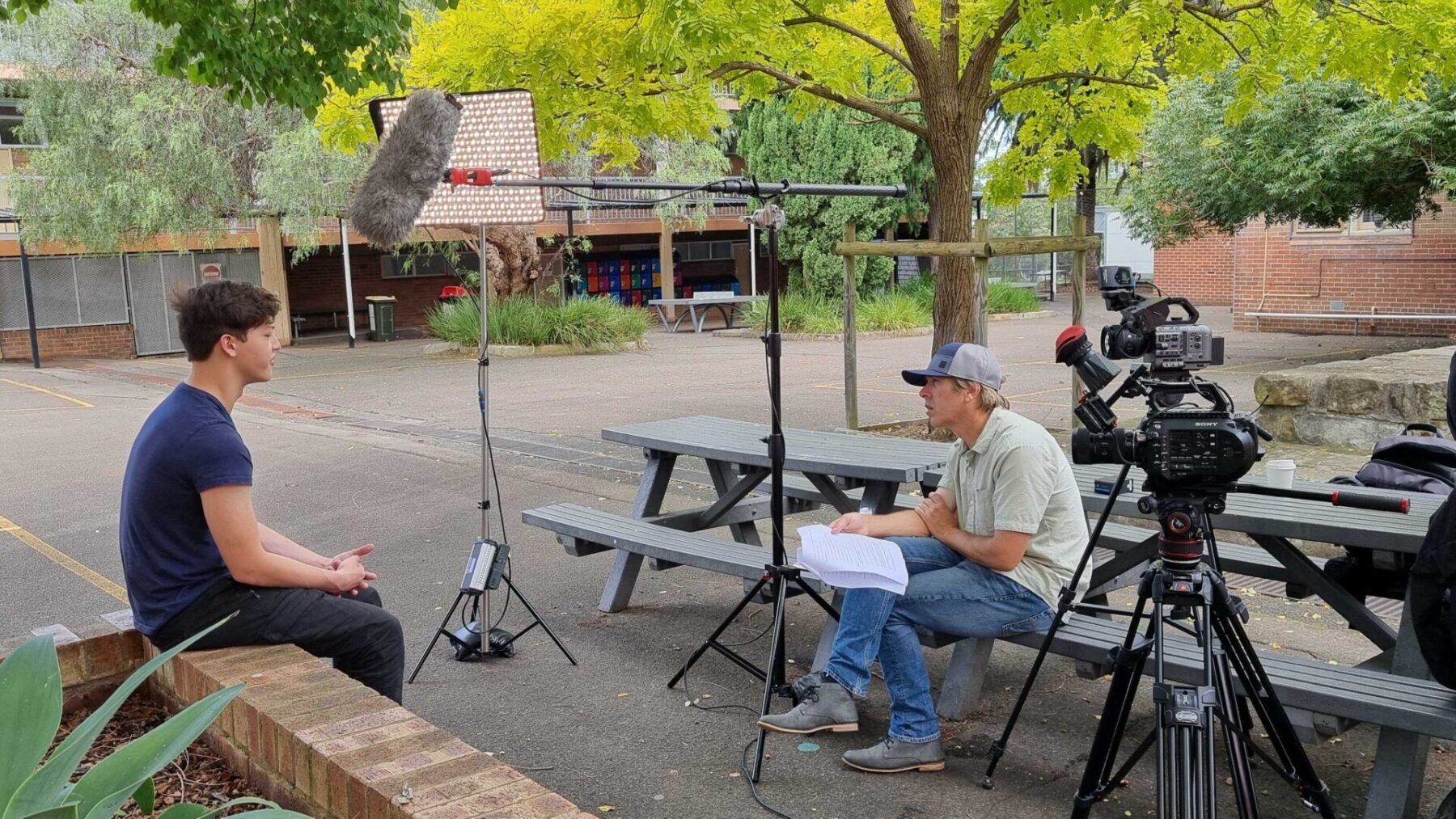
What were your favorite moments in the film?
After listening to the student Angelina talk about her struggles with social media, we hear this extraordinary voice. It moves me every time I watch and is a stark reminder of the potential negative impacts of social media. At our Australian premiere, she came out after the film.
What do you hope the film achieves?
If the film can instigate a discussion between parents and their children, or between partners or friends, then that is all we are hoping to achieve. Let’s talk about our relationship with technology in a pragmatic, mature manner, not in a preachy manner because kids will switch off if we do.
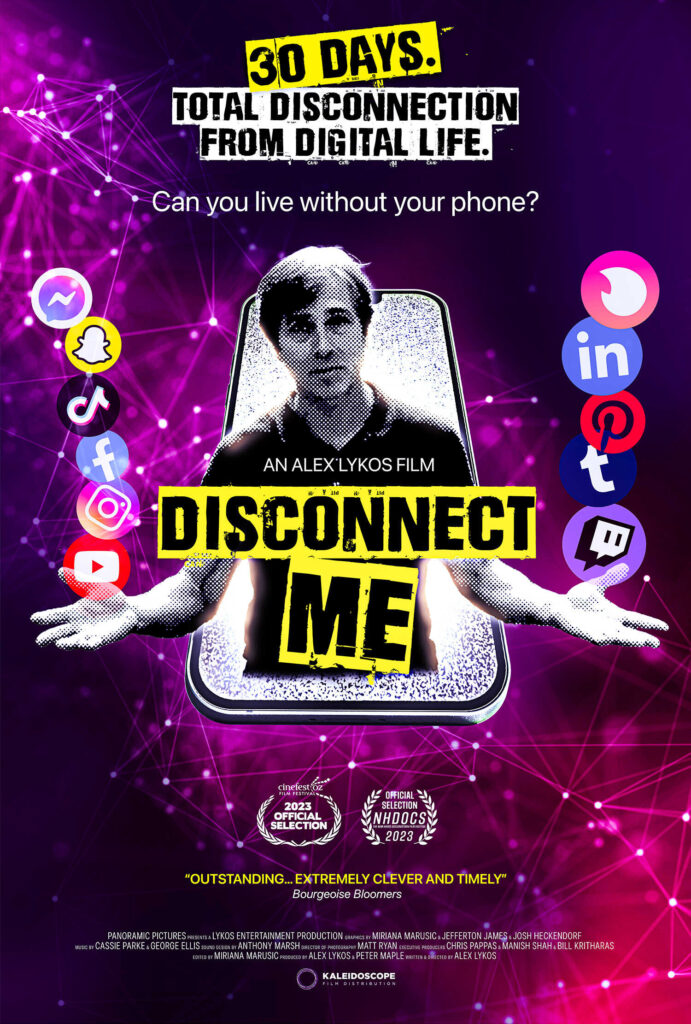
Alex Lykos, where are you from?
Sydney, Australia.
Can you talk about what drew you to pursue theater and the arts?
I used to play tennis, and when I stopped playing, I felt lost. Writing allowed me to express what I was feeling, and it just grew from there. The first story I wrote was about the reunion of two best friends: one a professional tennis player, one a professional drug dealer.
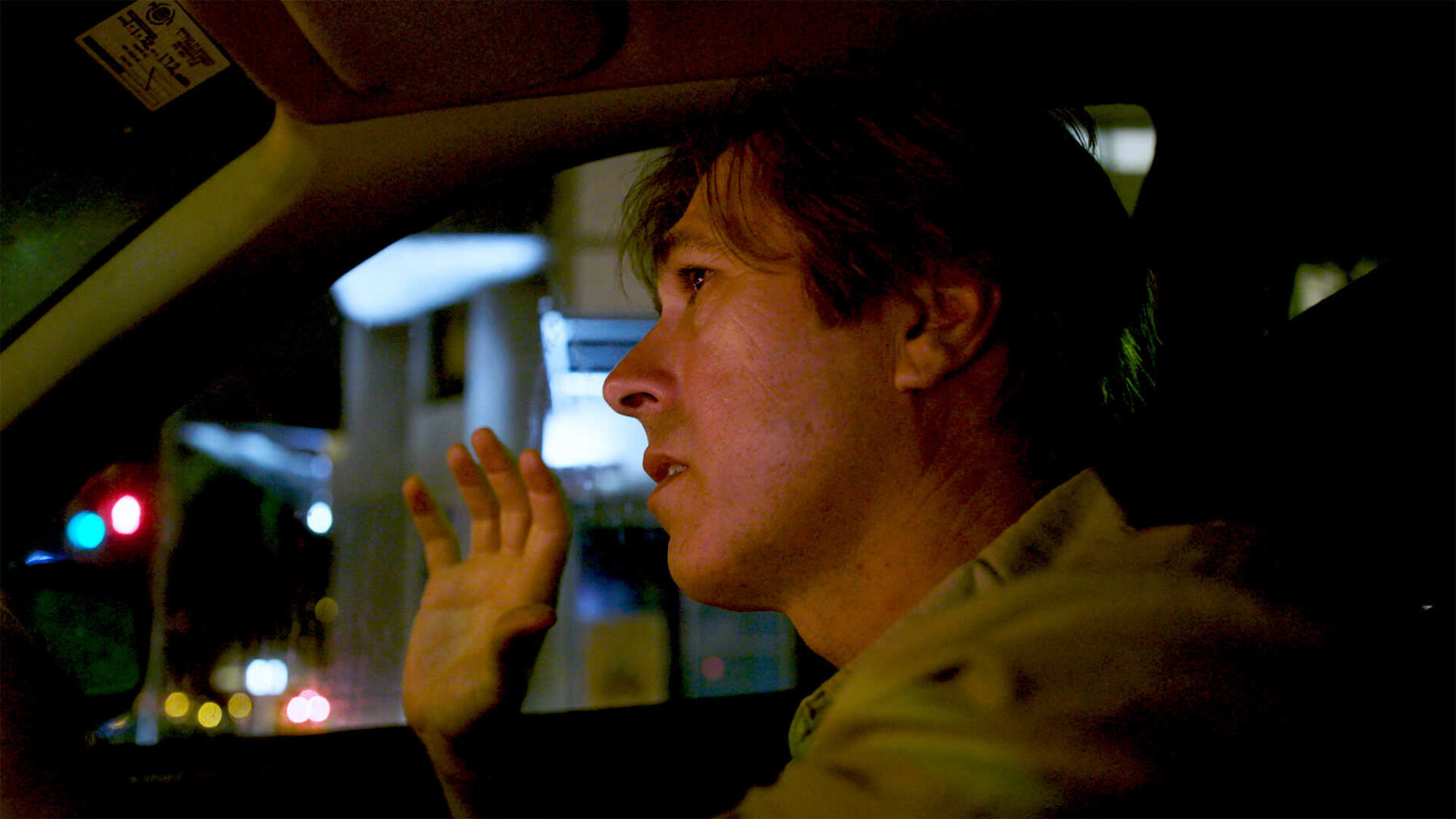
How did you get your start in filmmaking?
I started in the theatre in 2006 and made several shows until about 2013 when I adapted Alex & Eve, our most popular stageplay, for the screen. Alex & Eve‘s film was completed in 2015.
What have you learned about working in indie film? What did you wish you knew before you began?
It is a grind, a real grind. If you don’t love telling stories, it can be very disheartening. You have to love it to make an independent film. That and sound is the most important element of any film.
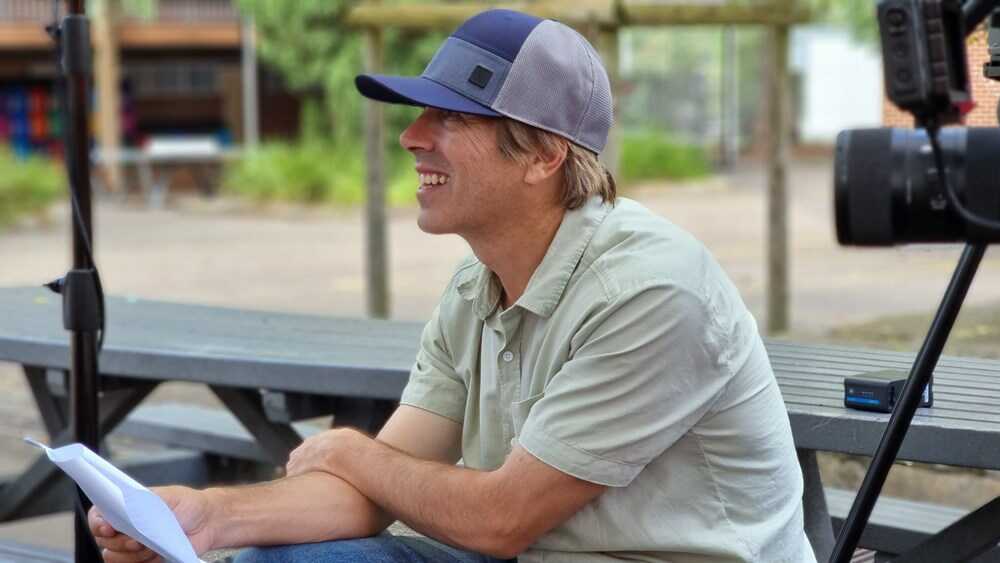
Any next projects we should know about?
I am working on a feature film titled The Lady Echindas, another documentary, and a television series titled Jawbone.
What messages and themes are important to you that you wish to explore in your future work?
Generally, I like to explore themes relating to the challenges we all face in trying to navigate life, trying to explore the purpose of it all.

